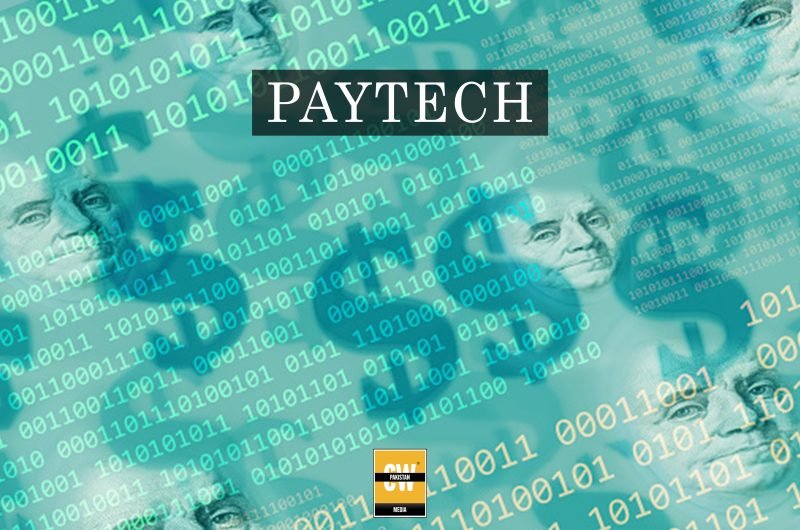Federal Minister for IT and Telecommunications, Shaza Fatima Khawaja, has introduced a groundbreaking initiative that marks a significant shift in Pakistan’s approach to digital aid distribution. During a press briefing, she unveiled the government’s pioneering project aimed at providing targeted subsidies through digital wallets as part of the Ramadan Relief Package. This ambitious Rs. 20 billion initiative, launched for the first time in Pakistan’s history, is set to revolutionize the way financial assistance is distributed to citizens during times of need.
According to Shaza Fatima, the idea for this digital relief package emerged from the Prime Minister’s commitment to enhancing transparency and efficiency in government aid programs. Prime Minister Shehbaz Sharif had tasked various ministries, including IT industries and Food Security, with coming up with innovative solutions to ensure the effective and dignified distribution of the Ramadan Relief Package. This resulted in the introduction of digital wallets as a means to distribute aid, ensuring that citizens receive financial assistance without the hassle of long queues or physical distribution points.
“PM Shehbaz Sharif provided us the space and confidence to implement this digital initiative,” Minister Shaza Fatima Khawaja said. The decision to use digital wallets emerged as part of the Prime Minister’s broader vision for a digital transformation of the nation. This project aligns closely with the objectives of the recently passed “Digital Nation Pakistan Bill,” which lays down a foundational framework for moving Pakistan toward a fully digitized economy.
The digital wallet system is designed to not only streamline the process of disbursing relief funds but also promote financial inclusion, particularly for Pakistan’s underserved and marginalized populations. More than 900,000 digital wallets were created under the program, with over 1.9 million transactions conducted through these wallets. The range of services available through these digital wallets is vast, including bill payments, mobile top-ups, loans, and insurance. This has provided citizens with the convenience of handling all transactions digitally, thus ensuring that people do not have to go through the arduous process of waiting in line for aid or face the indignity often associated with traditional aid distribution methods.
A major highlight of the initiative was its focus on gender inclusivity. Over 823,000 women have opened digital wallets and conducted transactions through this program. This step, according to Shaza Fatima, is crucial in bridging the digital gender divide and integrating women into Pakistan’s formal economy. “Once people start using these services, they become habitual users. This is not just about relief — it’s about long-term empowerment,” she emphasized. Furthermore, more than 2,500 differently-abled individuals were able to participate in the digital payments ecosystem, showcasing the program’s focus on inclusivity for all segments of society.
The success of this initiative has been a result of the collaborative efforts of various stakeholders, including ministries, regulators, and institutions like the State Bank of Pakistan, PTA, and National Telecommunication Corporation (NTC). A dedicated control room was set up to handle any public complaints and queries, with over 2 million calls received. This proactive measure ensured that any issues were promptly addressed, ensuring smooth operation of the initiative.
Shaza Fatima Khawaja also revealed that the Prime Minister has ordered a third-party evaluation of the program to assess its effectiveness and ensure transparency and accountability. This independent review will help fine-tune the digital payment system, making it even more efficient and reliable for future aid distributions.
As Pakistan continues to take bold steps toward digital transformation, this initiative stands as a testament to the government’s commitment to improving financial inclusion, empowering women, and ensuring that the benefits of digital technology are accessible to all Pakistanis, regardless of their background or abilities. With this initiative, the country is not only addressing immediate needs through targeted subsidies but also laying the groundwork for a more digitally inclusive society in the long term.








